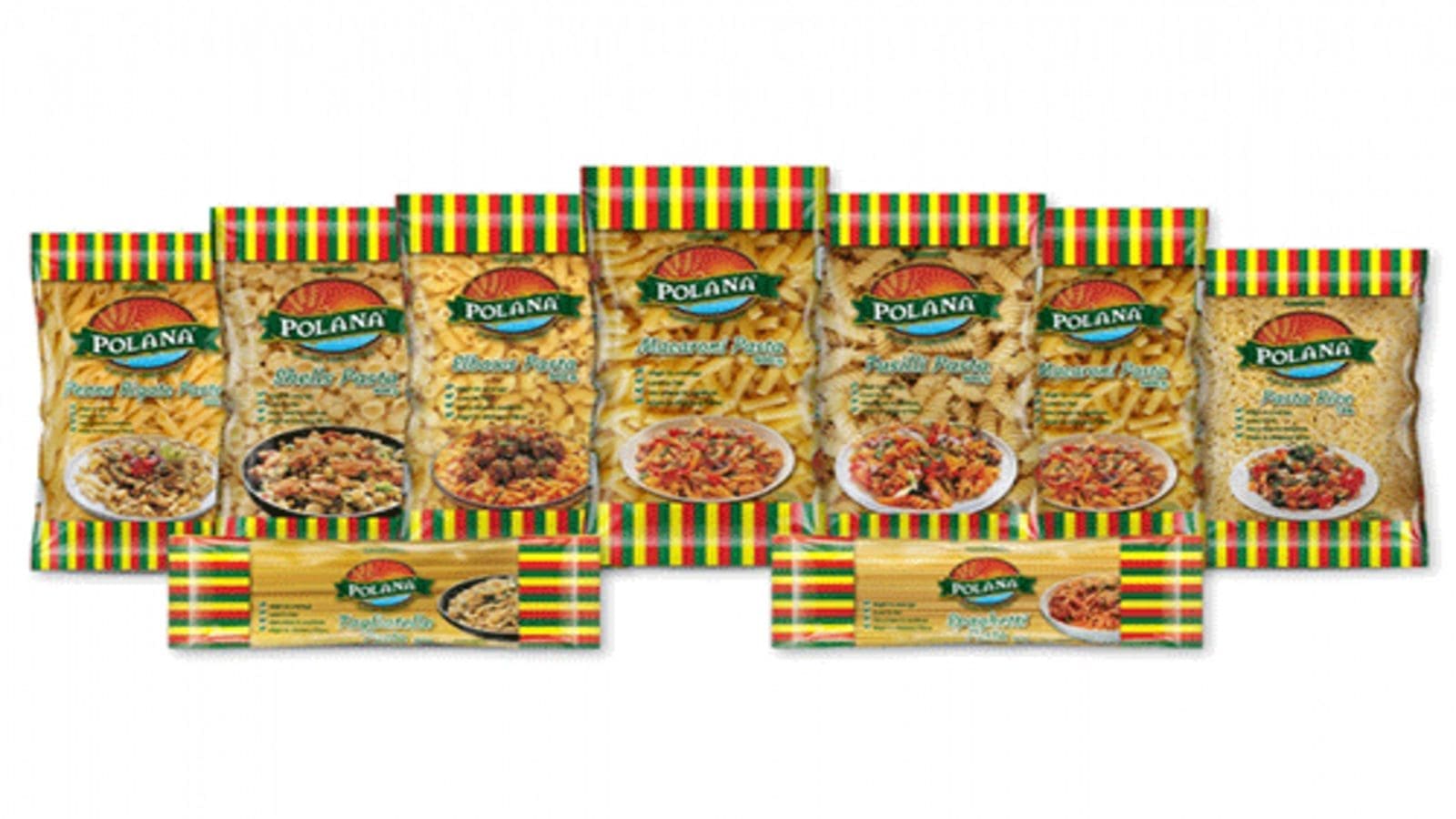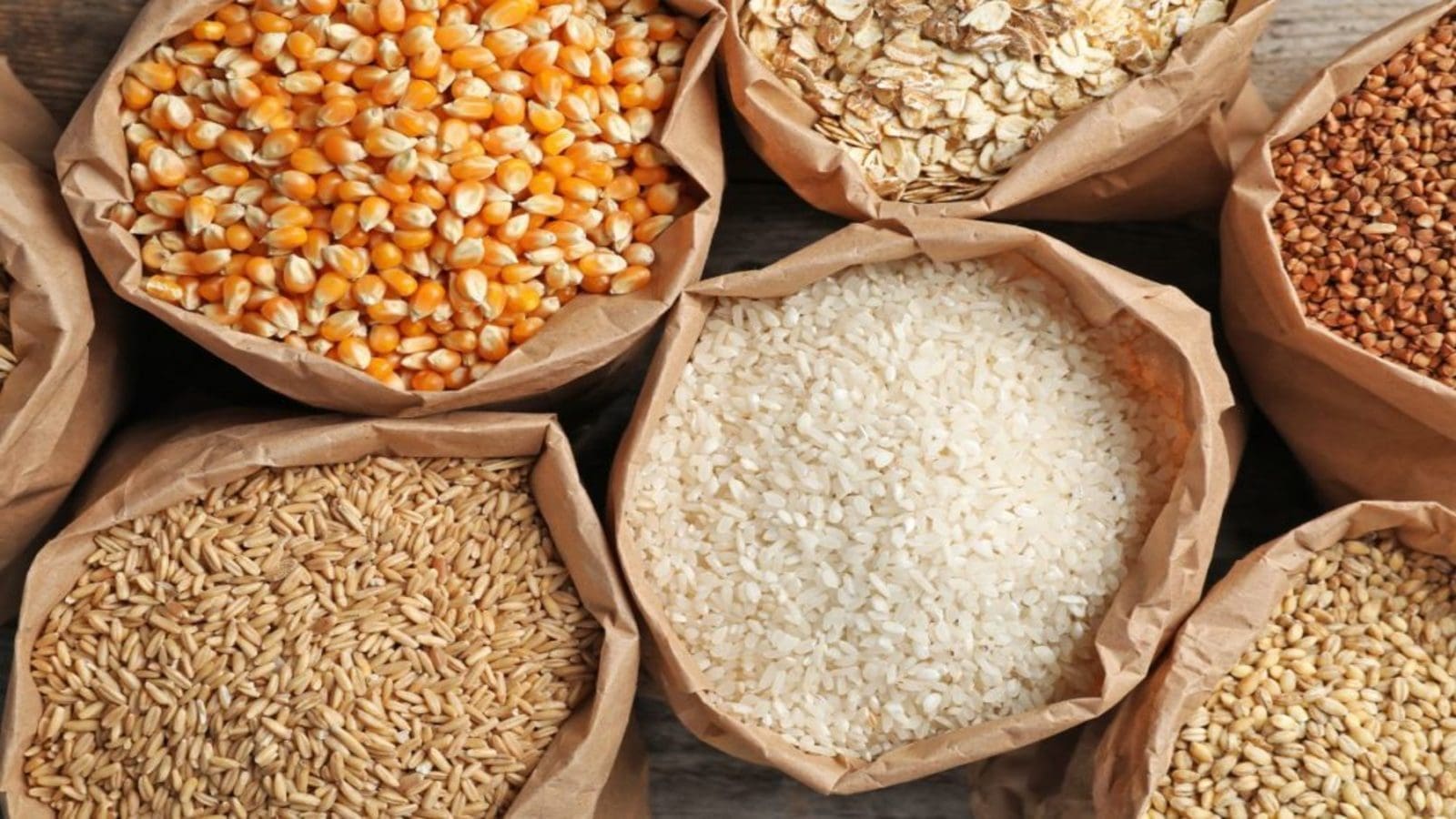NAMIBIA – Namibia’s largest grain-processing company, Namib Mills, has announced a price decrease on four of its products, a move that aligns with the company’s vision of “feeding the nation,” the Namibian has reported.
According to the statement, the company has slashed the prices of its Pasta Polana, King Pasta, rice, and Polana instant noodles on the back of a variety of factors that have driven the company to pass the benefits to the consumers.
Rice will see a decrease in price of between 5% and 6%, Pasta Polana and King Pasta between 9% and 11%, and Polana instant noodles will go down by 15%. Namib Mills, however, said that the exact new prices for the products will be announced soon to take effect from 17 April 2023.
The company acknowledges that global food prices are set to provide relief to consumers for the year 2023, and Namibians will also benefit from the phenomenon.
JC du Buisson, Namib Mills Group financial manager in the statement revealed that the overall input costs for manufacturing pasta and procuring noodles have decreased to such an extent that we can lower prices accordingly.”
Buisson added that global rice prices have also declined following increased global supply and record production by India.
As part of the company’s “feeding the nation” initiative, the company responds to the fact that high food prices tend to affect the most vulnerable segments of the population because poorer households spend a larger share of their income on food.
With reference to a recent report by the World Bank, Maize prices are 13% lower and wheat prices almost 34% lower from the highs of more than a year ago, when the conflict between Russia and Ukraine started, however, rice prices are 17% higher.
In addition, the report revealed that the prices of all three cereals fell, with maize and rice prices closing 1% lower and wheat closing 2% lower than two weeks ago
Therefore, according to Namib Mills, the move is a trickle-down effect on global macroeconomic environments
In addition, the company intends to cushion the country from impending food insecurity following a recent FAO report indicating that 750 000 people in Namibia may face acute food insecurity in 2023.
FAO said in its latest crop prospects and food situation that high food prices and localized weather-induced shortfalls in cereal production expected this year will increase the number of food-insecure people in the country.
For all the latest grains industry news from Africa, the Middle East and the World, subscribe to our weekly NEWSLETTERS, follow us on LinkedIn and subscribe to our YouTube channel










